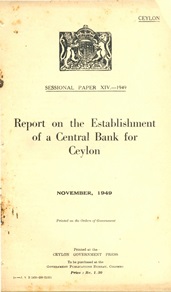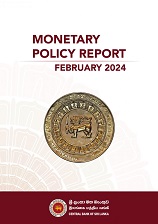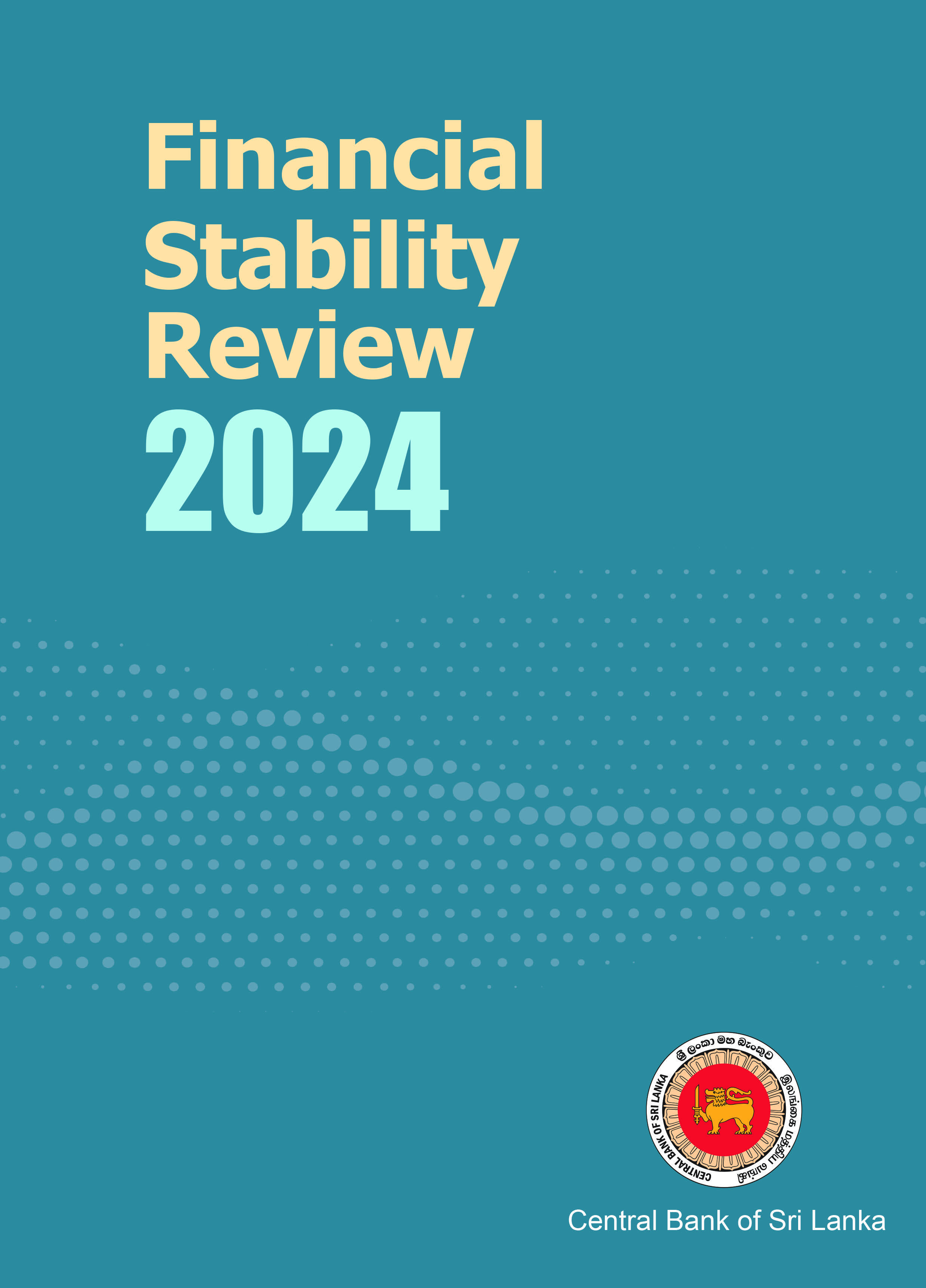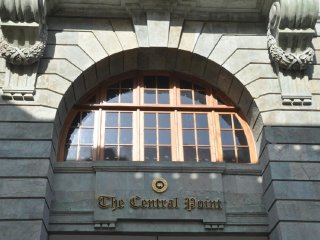The Manufacturing Sector PMI contracted recording an index value of 45.5 in April with a decline of 20.1 index points from March. The new year holidays in April dragged back the manufacturing activities following the peak level of activities observed in the previous month, and was in line with the pattern observed in previous years. The contraction of PMI in April was largely attributable to the contraction in the Production and New Orders sub-indices. Stock of Purchases and Employment sub-indices also decreased during the month. Moreover, lengthening of the Suppliers’ Delivery Time sub-index slowed down during the month which partially indicates that suppliers are less busy. Respondents highlighted that increase in unauthorised absentees following new year holidays disturbed the manufacturing activities. Moreover, respondents, especially in the Textiles and Apparel sector, highlighted difficulties in finding both skilled and unskilled workers. However, the Expectation for activities indicates an improvement for the next three months.
The Services Sector PMI recorded 53.2 index points in April 2018 from 58.0 index points in March 2018. Hence, Services sector activities expanded at a moderate pace and reached an all-time low in April 2018, with a softer growth in New Businesses and Business Activity. As observed in the previous two years as well, Services sector generally experiences a slower growth in April compared to March. The slower rate of expansion in both New Businesses and Business Activity were mainly observed in Real Estate, Telecommunication and Accommodation, Food and Beverage sectors. Some respondents attributed this to higher number of holidays in April 2018. Continuing the trend observed in the previous two months, Backlogs of Work declined, while Employment also declined due to delays in filling open positions. However, Expectations for Activity remained strong, reflecting optimism on the near-term Business Outlook. Prices Charged of the Services sector increased owing to higher demand during the festival season, depreciation of the Sri Lankan rupee, expectations for a pricing formula for fuel and recent revisions to the tax structure. Meanwhile, Expected Labour Cost increased at a slower rate due to realisation of expected salary increments that was due in April 2018.










